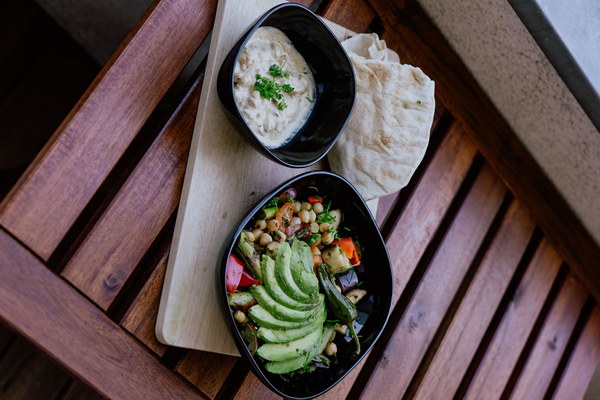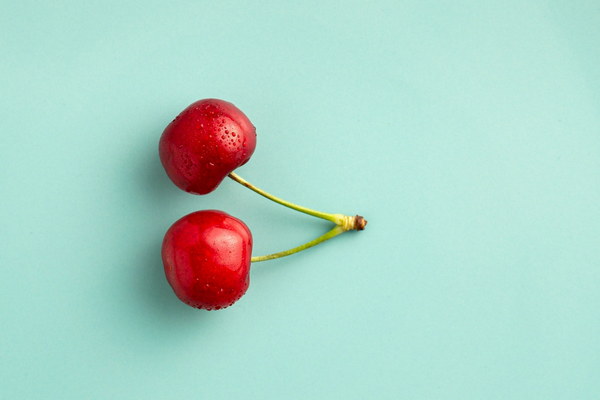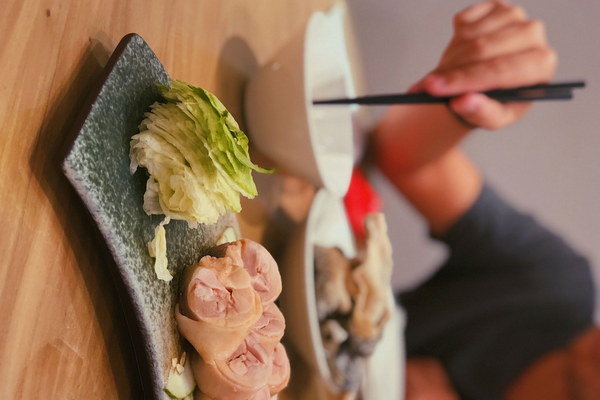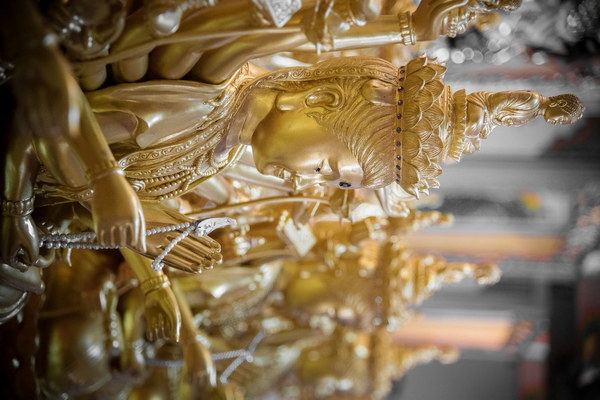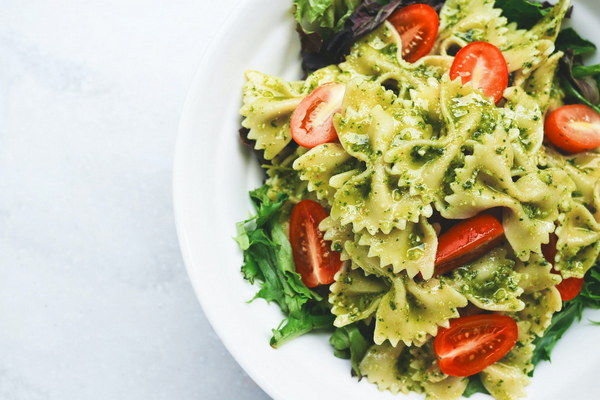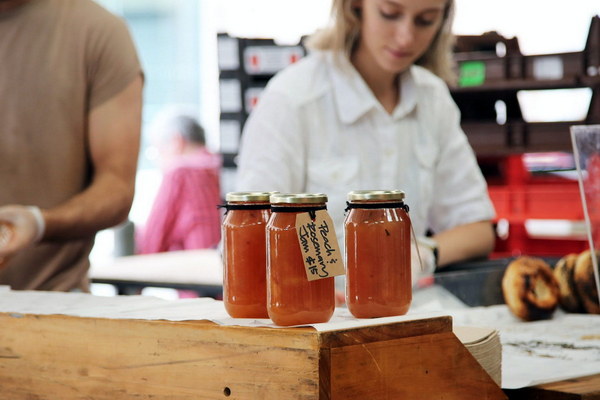Revitalize Your Lungs Discover the Power of Traditional Chinese Herbal Remedies for Cough Relief
In the realm of traditional medicine, the ancient wisdom of Chinese herbal remedies has been passed down through generations, offering a natural and effective way to treat various ailments, including coughs and lung congestion. These natural remedies, known for their potent properties, have been rigorously tested and refined over centuries, ensuring they provide relief without the harsh side effects often associated with modern medications. Let's delve into the world of traditional Chinese herbal remedies for cough and lung congestion, exploring their benefits and how they can help you breathe easier.
Understanding the Root of the Problem
To effectively treat a cough and lung congestion, it is essential to understand their underlying causes. In traditional Chinese medicine (TCM), these symptoms are often attributed to an imbalance in the body's Yin and Yang energies, or to external factors such as cold and dampness. By addressing the root cause, TCM practitioners aim to restore harmony and promote healing.
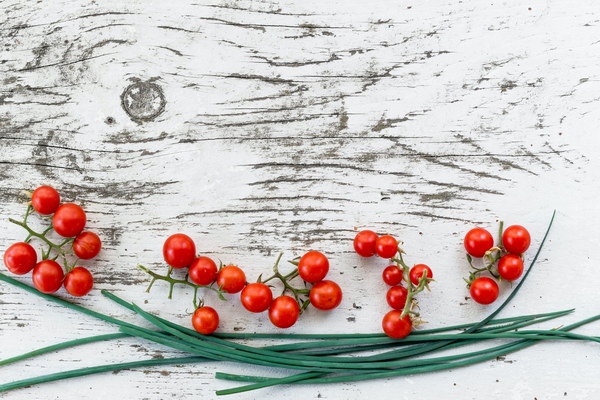
Herbal Remedies for Cough and Lung Congestion
1. Fenugreek (Metamizole):
Fenugreek, known as Xian Hua in Chinese, is a popular herb used to clear heat and relieve coughs. It is believed to help expel phlegm and reduce inflammation in the lungs, making it an excellent choice for treating chronic coughs and bronchitis.
2. Licorice Root (Gan Cao):
Licorice root is a versatile herb that has been used in Chinese medicine for centuries. It helps to harmonize the other ingredients in herbal formulas, reducing the likelihood of side effects. In addition, licorice root has expectorant properties, making it an excellent addition to cough remedies.
3. Honey and Peppermint (Shu Di Huang):
This combination of honey and peppermint is known as Shu Di Huang in Chinese. Honey is a natural cough suppressant and has anti-inflammatory properties, while peppermint helps to soothe the throat and relax the bronchial muscles. This remedy is particularly effective for soothing dry coughs and sore throats.
4. Ephedra (Ma Huang):
Ephedra, or Ma Huang, is a potent herb that has been used for centuries to treat respiratory conditions. It is believed to help dilate the bronchial tubes, making it easier to breathe and promoting the expulsion of phlegm. However, it should be used with caution, as it can have stimulating effects and may not be suitable for everyone.
5. Ginseng (Ren Shen):
Ginseng, known as Ren Shen in Chinese, is a well-known adaptogen that helps to boost the immune system and enhance overall energy levels. It is often used to treat coughs and respiratory infections, as well as to support lung function.
How to Use Traditional Chinese Herbal Remedies
It is important to note that while herbal remedies can be effective, they should be used under the guidance of a qualified TCM practitioner. Here are some general guidelines for using these remedies:
- Consult a Practitioner: Before starting any herbal treatment, it is crucial to consult a TCM practitioner who can assess your specific condition and recommend the appropriate herbal formula.
- Follow Instructions: Follow the dosage and usage instructions provided by your practitioner or on the product label.
- Monitor Your Condition: Keep track of your symptoms and report any changes to your practitioner. They may adjust the treatment plan as needed.
- Avoid Interactions: Inform your practitioner of any other medications or supplements you are taking, as there may be potential interactions to consider.
Conclusion
Traditional Chinese herbal remedies offer a natural and effective way to treat coughs and lung congestion. By addressing the root cause of the problem and promoting overall health and balance, these remedies can help you breathe easier and enjoy a better quality of life. Consult with a qualified TCM practitioner to learn more about these natural remedies and how they can benefit you.
